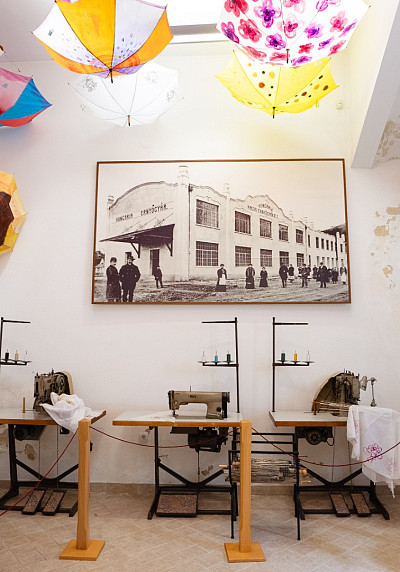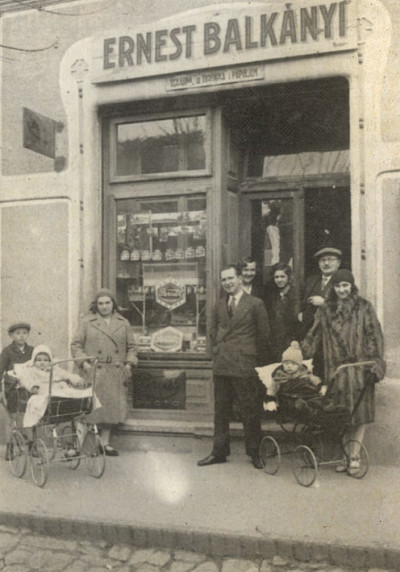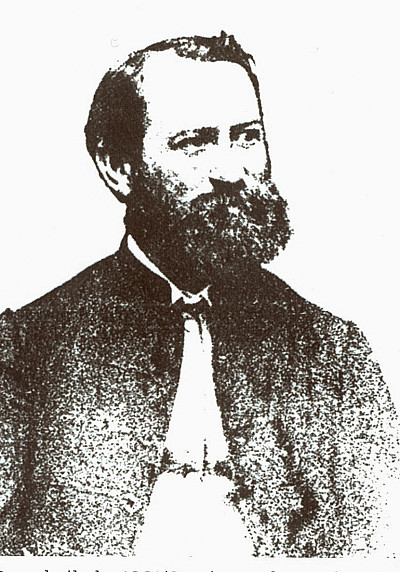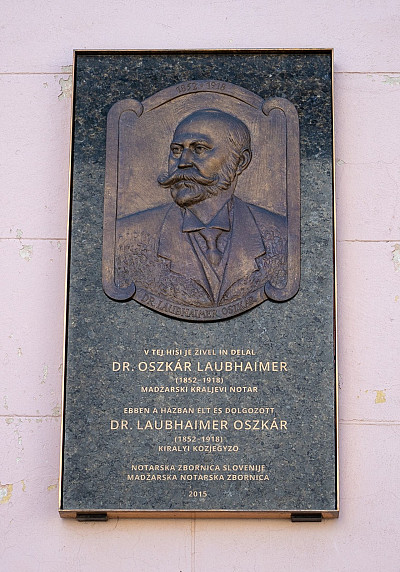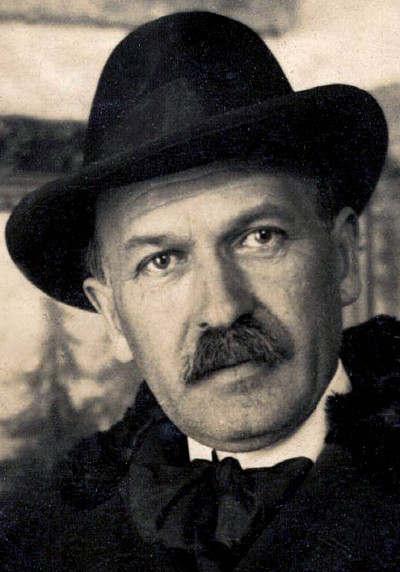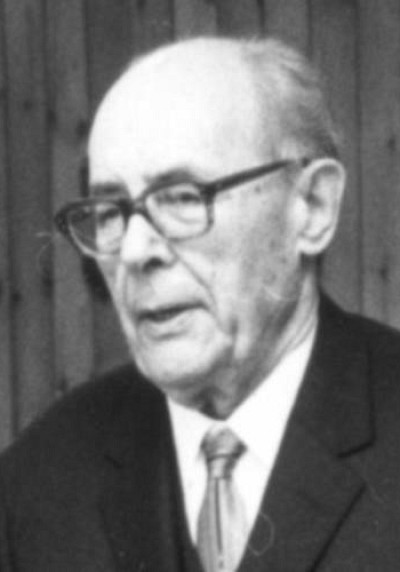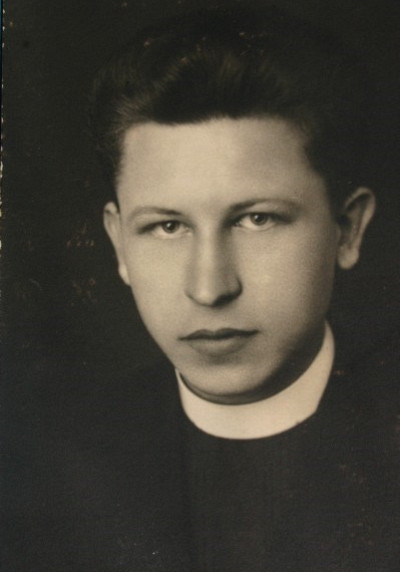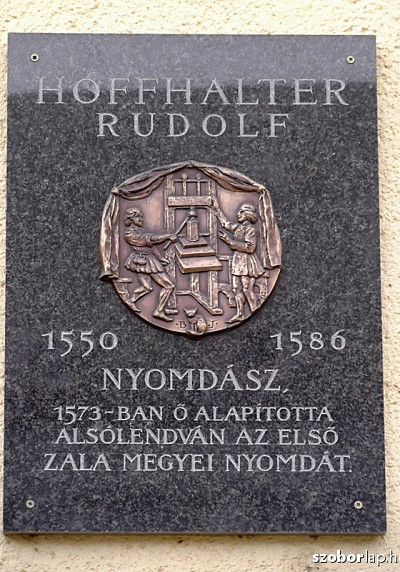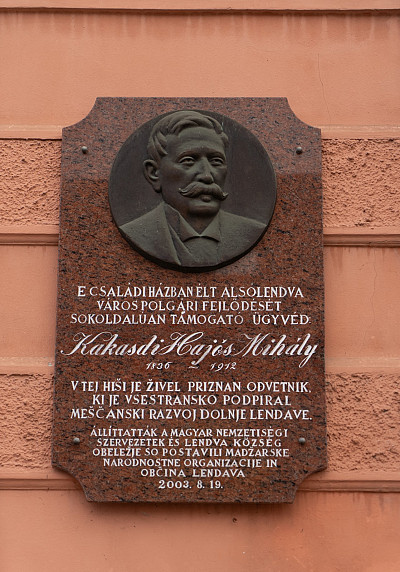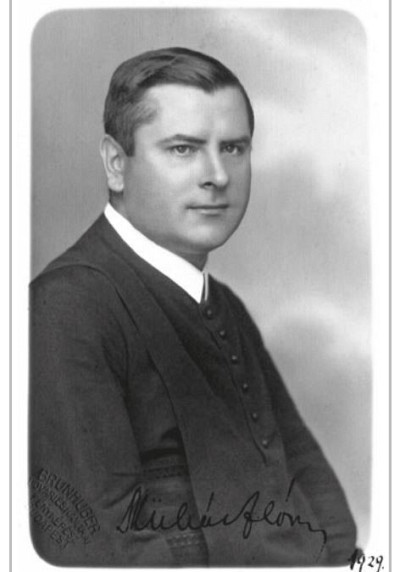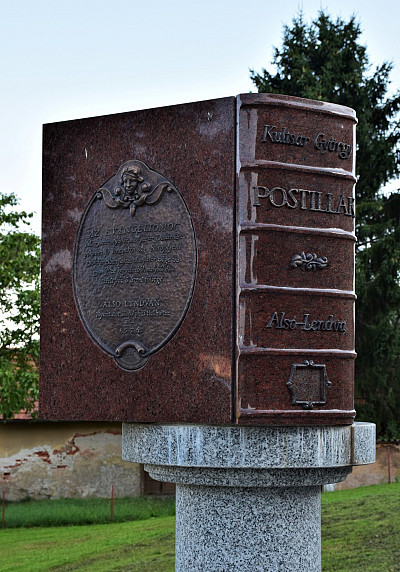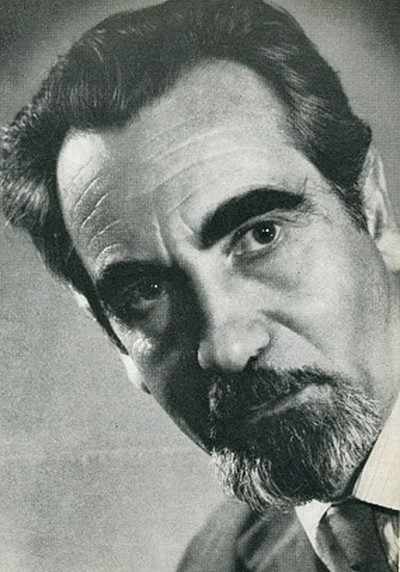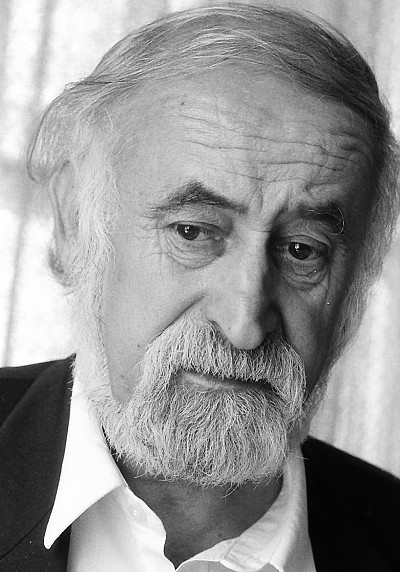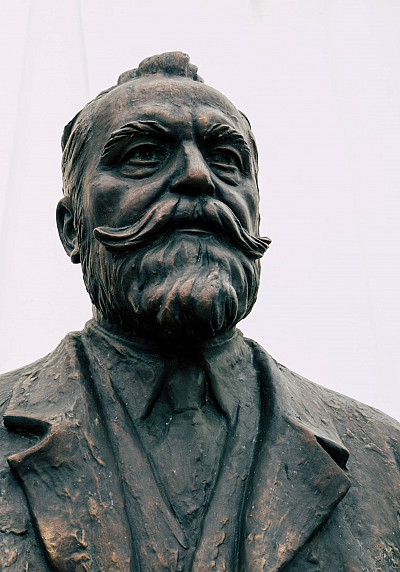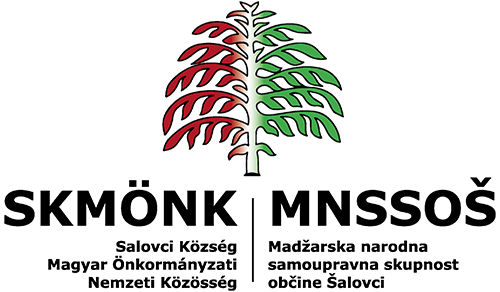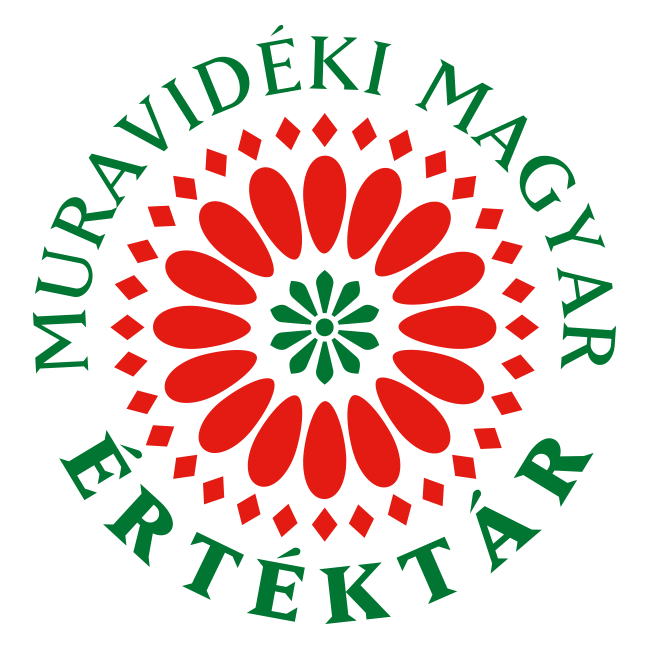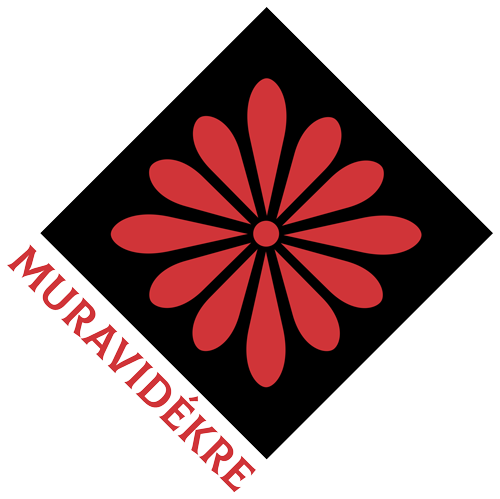Count Carl von Matzenauer
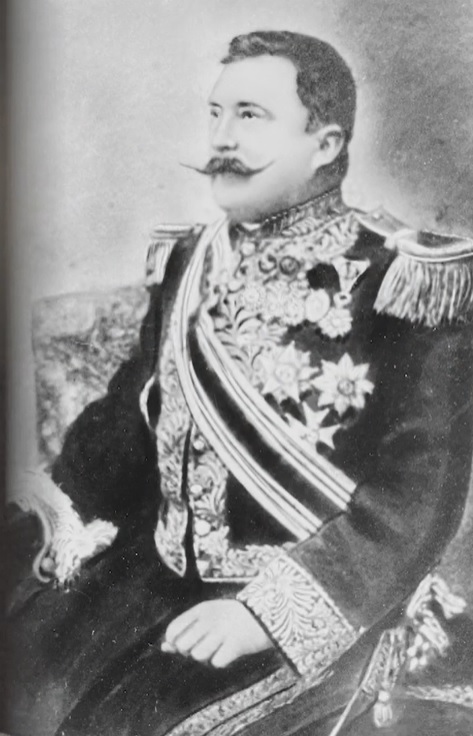
In the village of Prosenjakovci, in Goričko, under high poplars, red beeches and fir trees, stand the ruins of a former mighty mansion, the first written mentions of which date back to 1876. The last owner of the mansion, built in the Neoclassical style, was the Austrian Consul Count Carl von Matzenauer.
Carl von Matzenauer was born on 12th December, 1851, in Kyjov, Moravia (Czech Republic). After graduating from military school, he became an officer of the Austro-Hungarian armed forces. He performed numerous diplomatic services; as a reward for his work, Pope Leo XIII rewarded him with the title of nobility, the Bible of the Old and New Testaments, and the papal nuncio´s ring.
Until 1900, when he bought the mansion and the estate in Prosenjakovci, he lived in Mikulov. From his first marriage, he and his wife Henrieta had two sons: Karl and Domingo. With his second wife, Maria Theresa (born in Mikulov in 1860), three children were born in Bohemia: sons Kurt and Friderik and daughter Eimée. When Maria became ill with tuberculosis, the count started looking for a quiet place and a healthy environment where she could recover. This is how he learned that a mansion was on sale in Prosenjakovci, together with 150 hectares of estate, mostly forests and arable land. He settled the purchase price with the money he got from the sale of his collection of valuable stamps and a loan from the Bank of Budapest, which he was repaying right up until his death. After moving to the mansion in Prosenjakovci, another daughter, Marija Mercedes, as well as a son, called Emerik, were born.
In August 1914, the count and his son Friderik were arrested on suspicion of Russian-Serbian espionage but were acquitted of charges and released from prison in October 1915.
When the International Boundary Commission, which defined the border between Hungary and Yugoslavia in the northeastern part of Slovenia, arrived in Prekmurje in 1920, the count made his mansion available to it for accommodation and work. With his authority and wealth of diplomatic experience, he managed to make the border between the two countries as we know it today.
Count Carl von Matzenauer died in 1932 in Prosenjakovci. He was 81 years old. He left the management of the mansion and estate to his daughter Marija Mercedes and his son Emerik. Six years later his wife, Maria Theresa Matzenauer, also died. Both are buried in the cemetery in the village of Selo.
Towards the end of World War II, the Soviet Army set up a hospital in the mansion. The soldiers threw the precious castle furnishings out the windows, while the locals picked them up and carried them home. After World War II, both the mansion and estate were nationalised. The building was for some time used by the Yugoslav Army, and later housing for workers of an agricultural cooperative was arranged there.
The mansion slowly began to fall into ruin. In the 1960s, the building became uninhabitable and dangerous. From the former mansion of incomparable beauty, only the family coat of arms has been preserved, and only a few mighty trees remind us of the once carefully tended park that surrounded it. On benches beneath magnificent sycamores that extend almost to the sky, visitors can sit down and reflect on the past and the stories hidden within the walls of the mansion.
Literature, source of photograph:
https://gradovislovenije.si/project/dvorec-v-prosenjakovcih/

